Cartoons – capturing freedom of expression
Caricatures, political cartoons – these are often fun or at least make you smile. But they are also key for expressing freedom of speech. SWI swissinfo.ch brings you a selection of the best cartoons from around the world.
Almost anything – or anyone – can be a target. Many a powerful figure has been skewered by a cartoonist’s sharp pen over lies, machinations or crimes.
There’s usually a touch of anarchy in these cartoons as well. But they are not just a means of provocation. Faced with often shocking world events, cartoons – by testing the limits of decency and what is acceptable – are often the best way of highlighting the inacceptable, incomprehensible or intolerable.
Cartoons are both a strong plea for and a stress test for freedom, tolerance and a society’s ability for conduct a dialogue. And this no matter whether you live in a dictatorship or a democracy.
SWI #freedomofexpression series
In principle, everything should be crystal clear. Articles 19 of both the Universal Declaration of Human Rights (1948) and the UN Covenant on Civil and Political Rights (1966) stipulate that “everyone shall have the right to freedom of expression; this right shall include freedom to seek, receive and impart information and ideas of all kinds, regardless of frontiers, either orally, in writing or in print, in the form of art, or through any other media of his choice.” In Europe, the European Convention on Human Rights (1950) confirms freedom of expression as a legally binding right (article 10). Switzerland enshrines this fundamental freedom in article 16 of its 1999 constitution.
In practice, however, much remains contested. Many governments around the world are not protecting the right to freedom of expression but are increasingly undermining it. In other parts of the world, individuals and groups brandish the term “freedom of expression” to justify discriminatory and hateful speech. But although it is a universal right, freedom of expression is not an absolute right. Ensuring it and applying it is always a tightrope walk.
In a new SWI swissinfo.ch series we address these various aspects, challenges, opinions, and developments around freedom of expression, both in Switzerland and around the world. We provide a platform for citizens to express themselves on the issue, offer analysis by renowned scholars and highlight developments locally and globally. And, naturally, readers are invited to join the conversation later this spring and to make their voices heard.
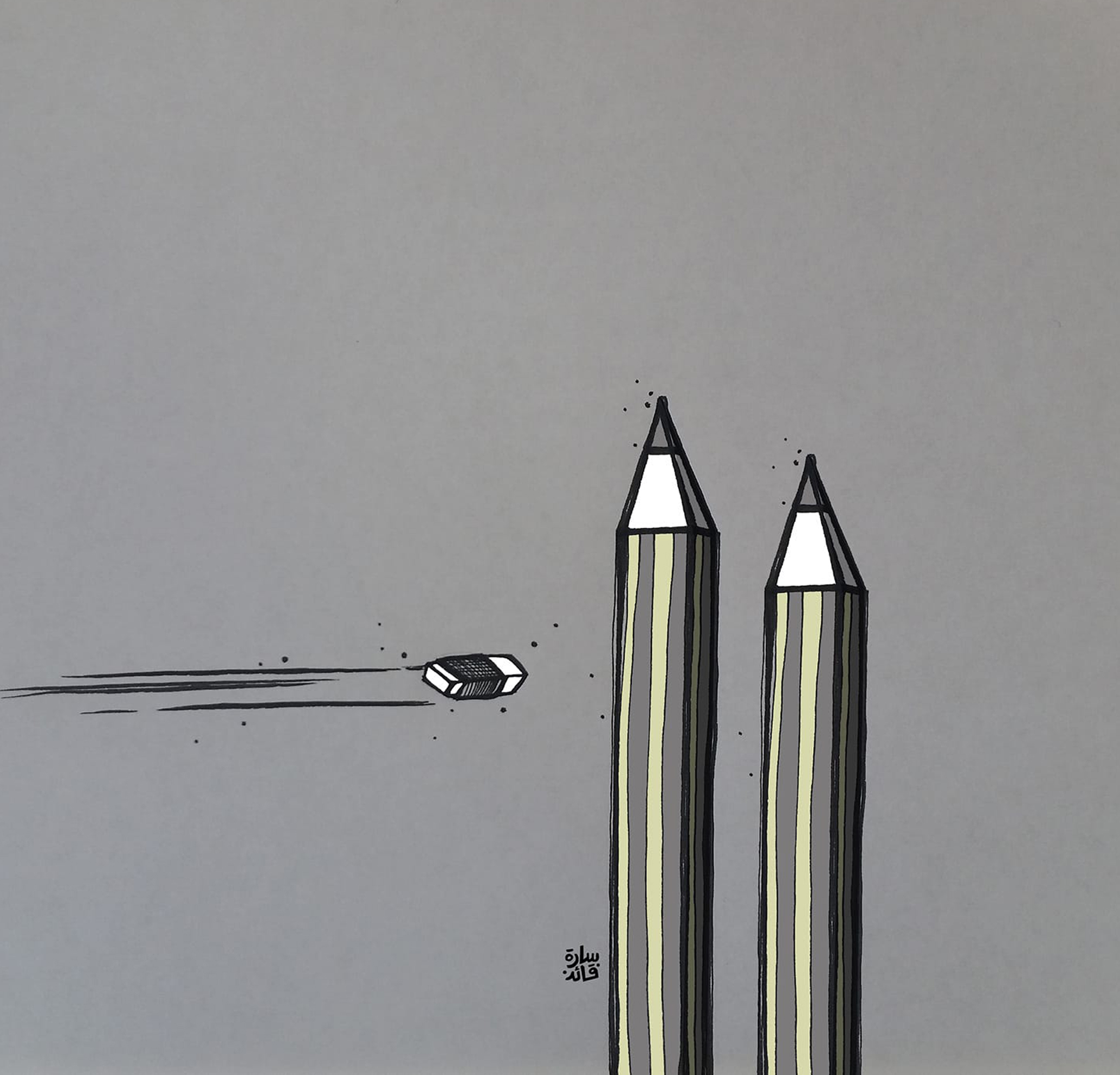
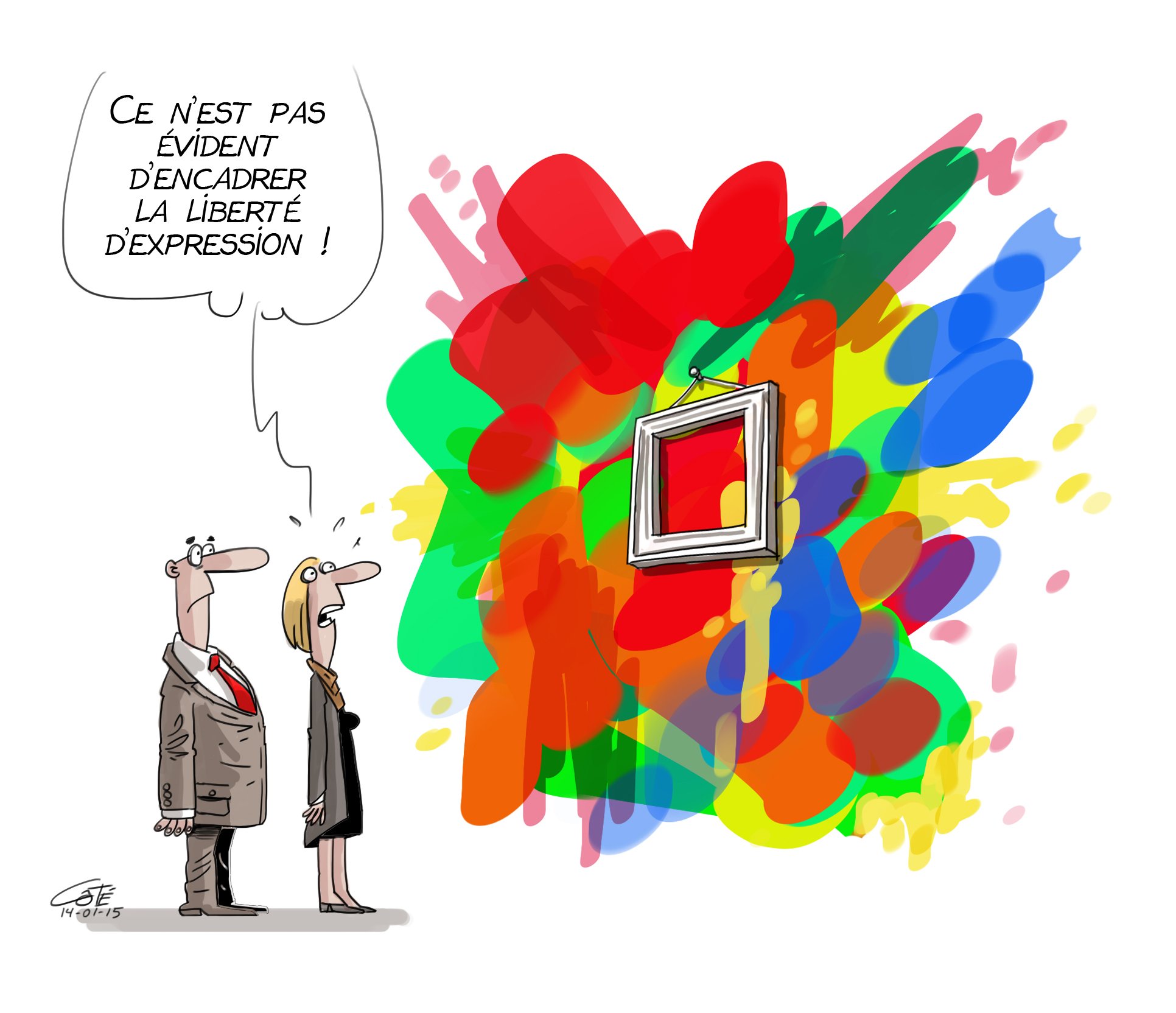
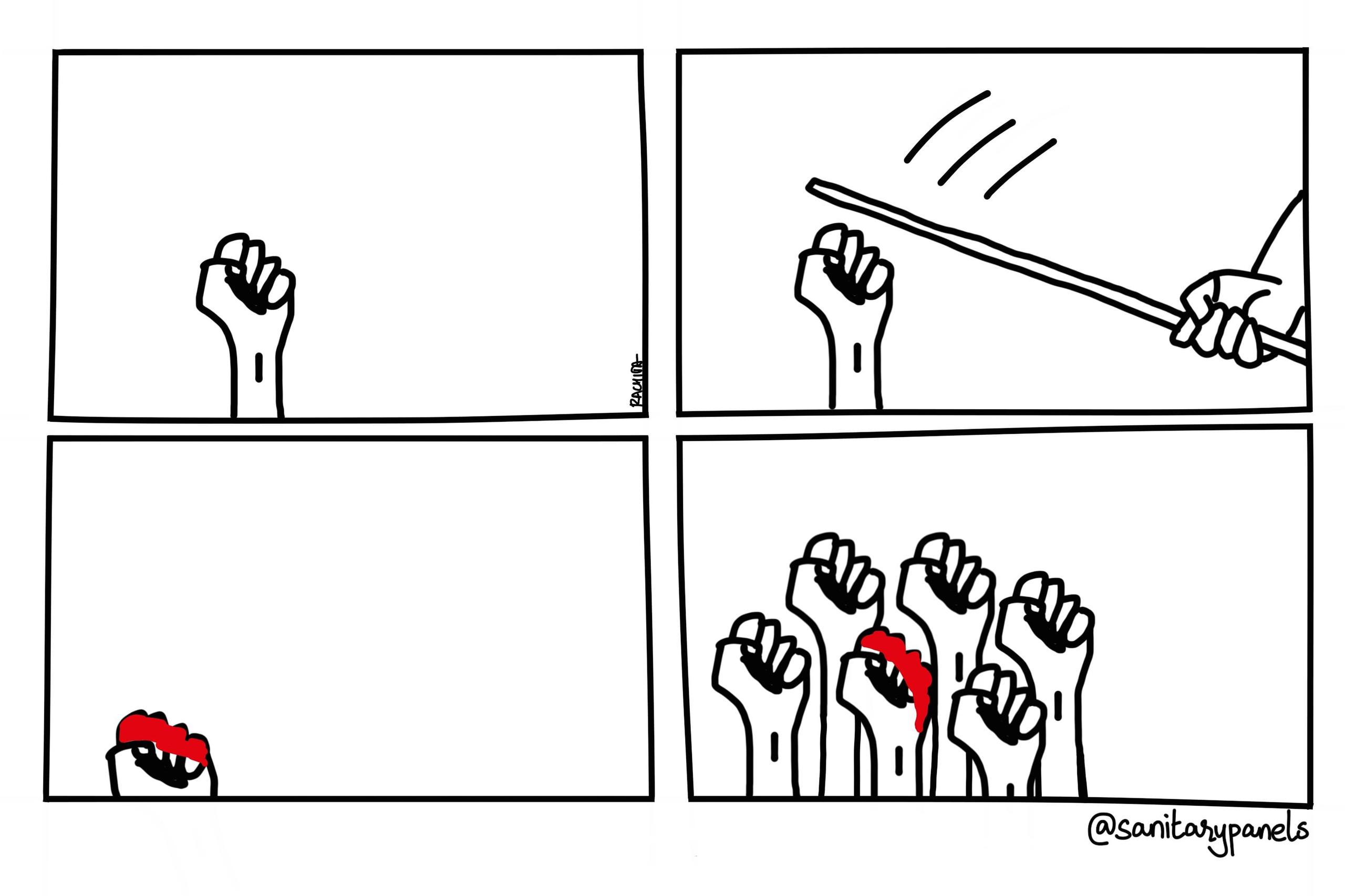
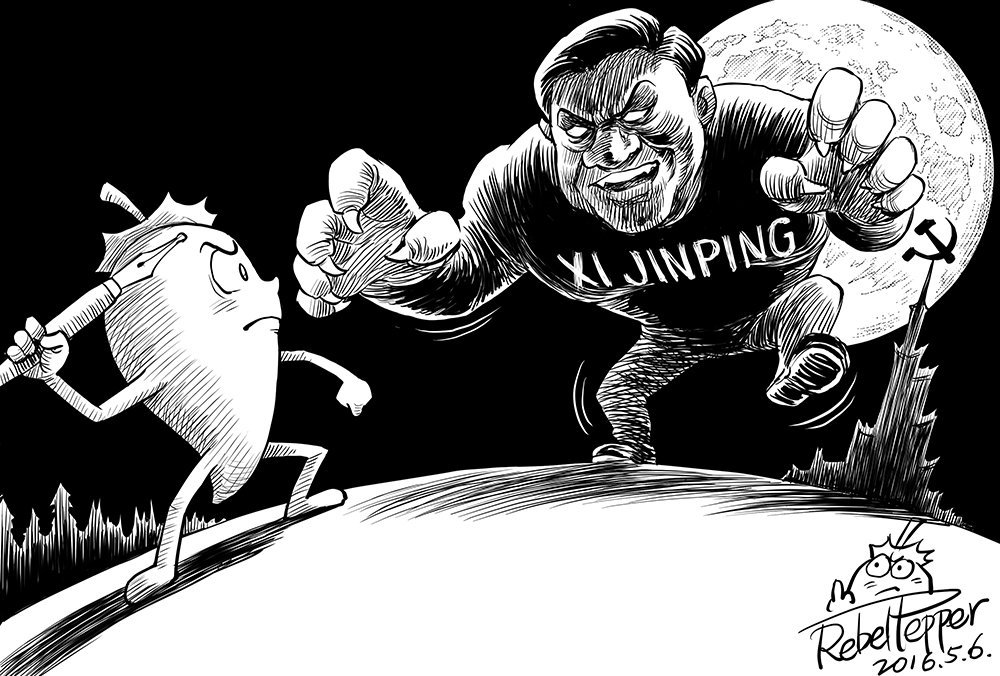
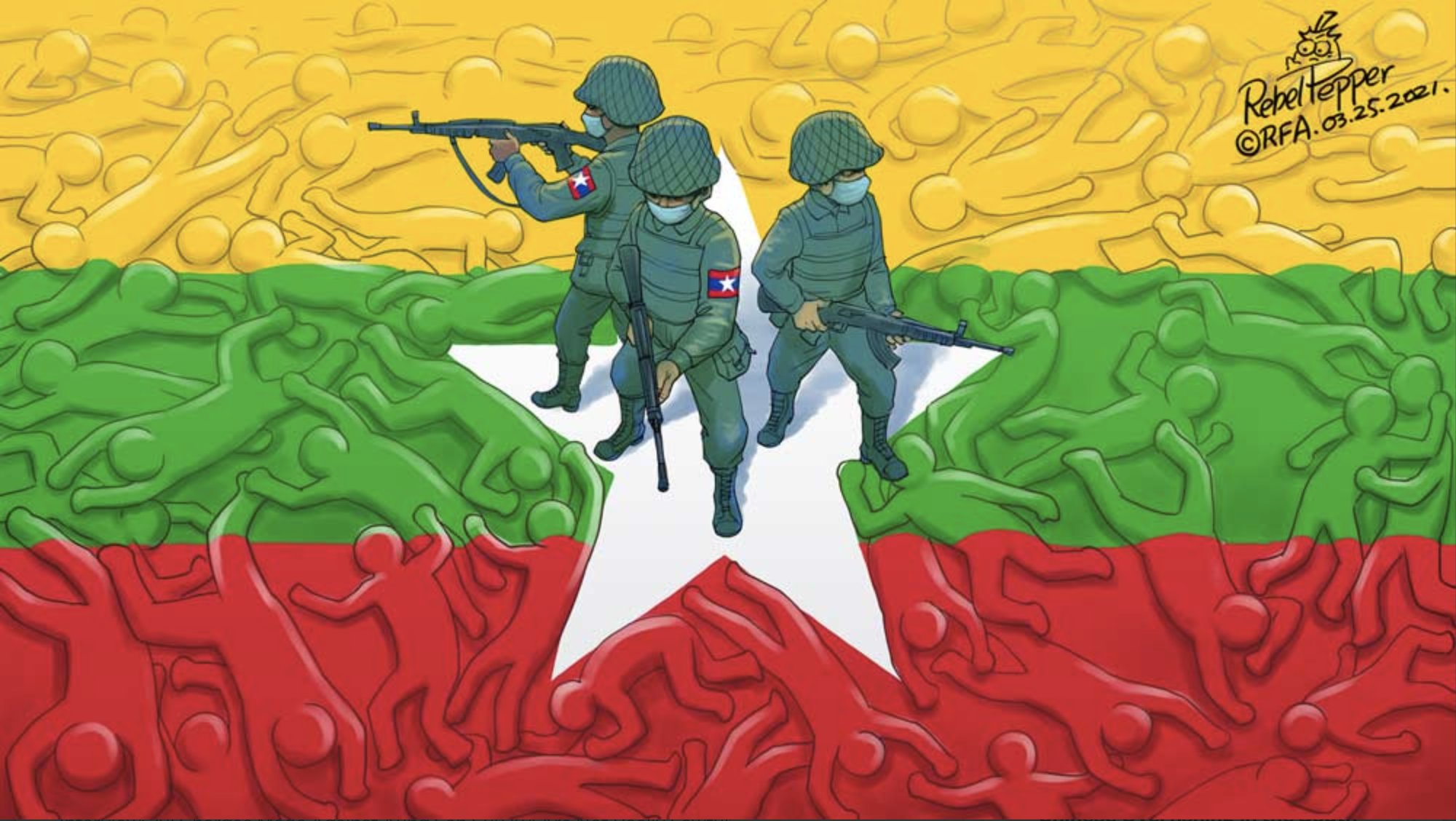
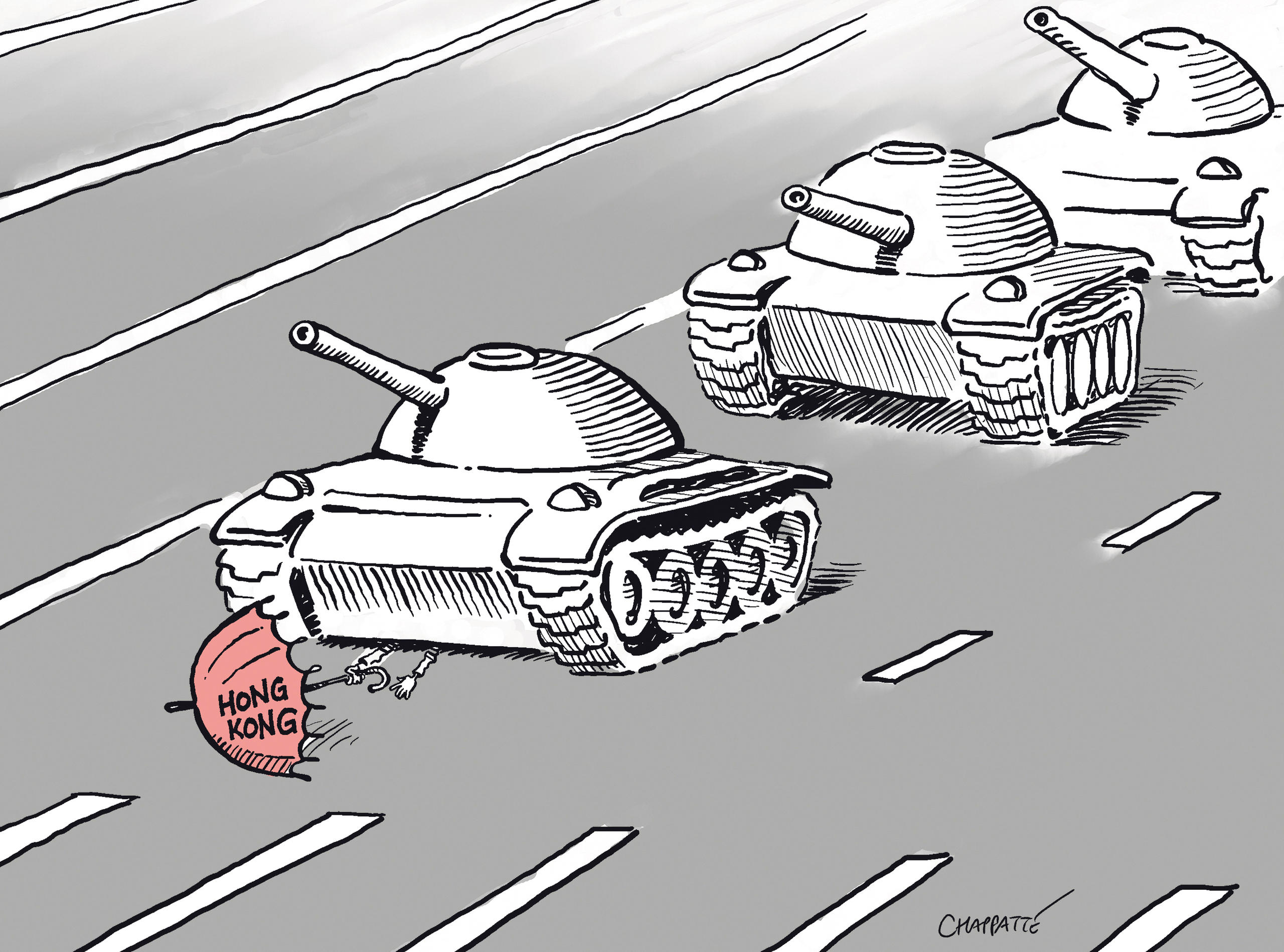


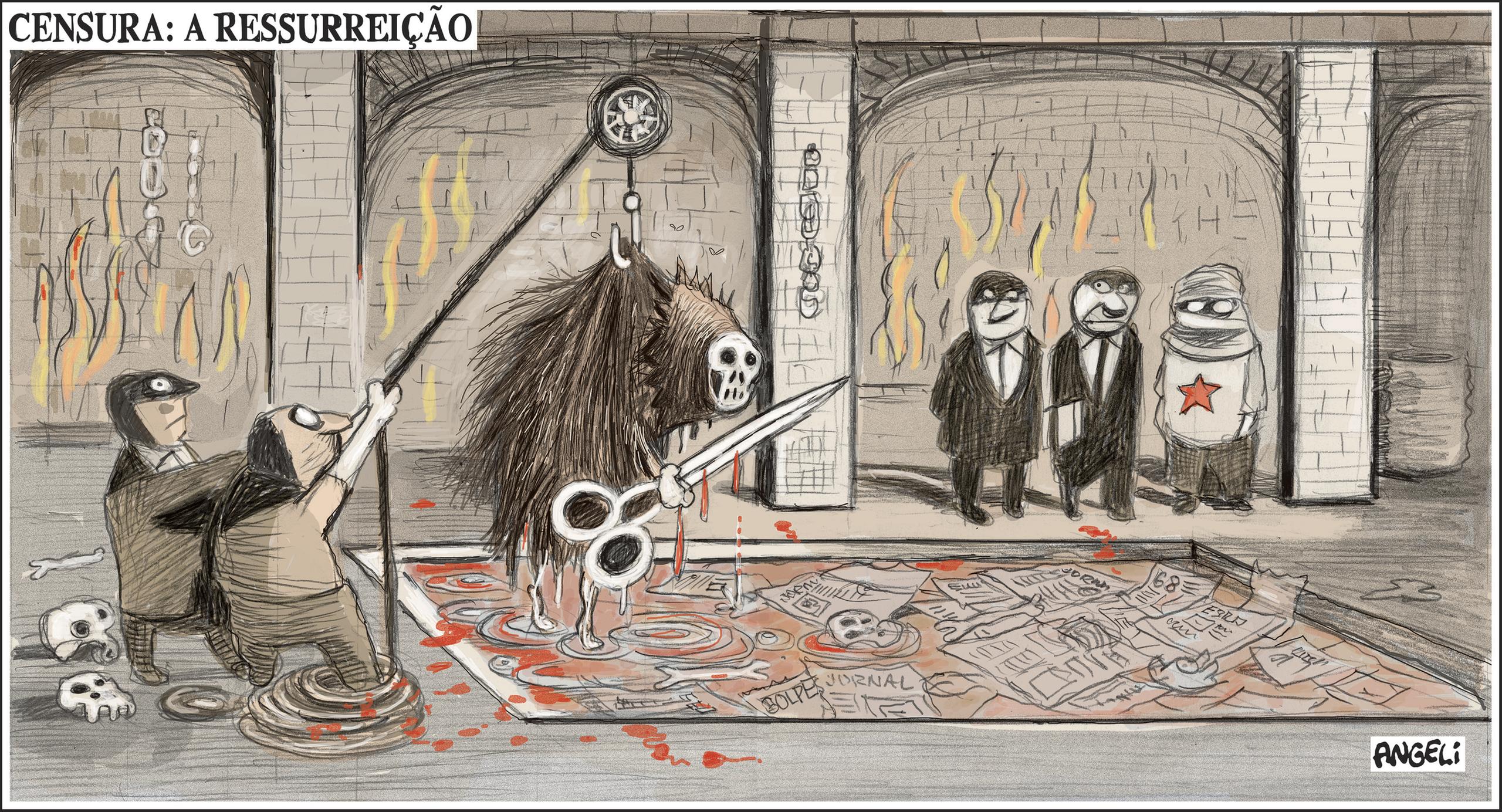
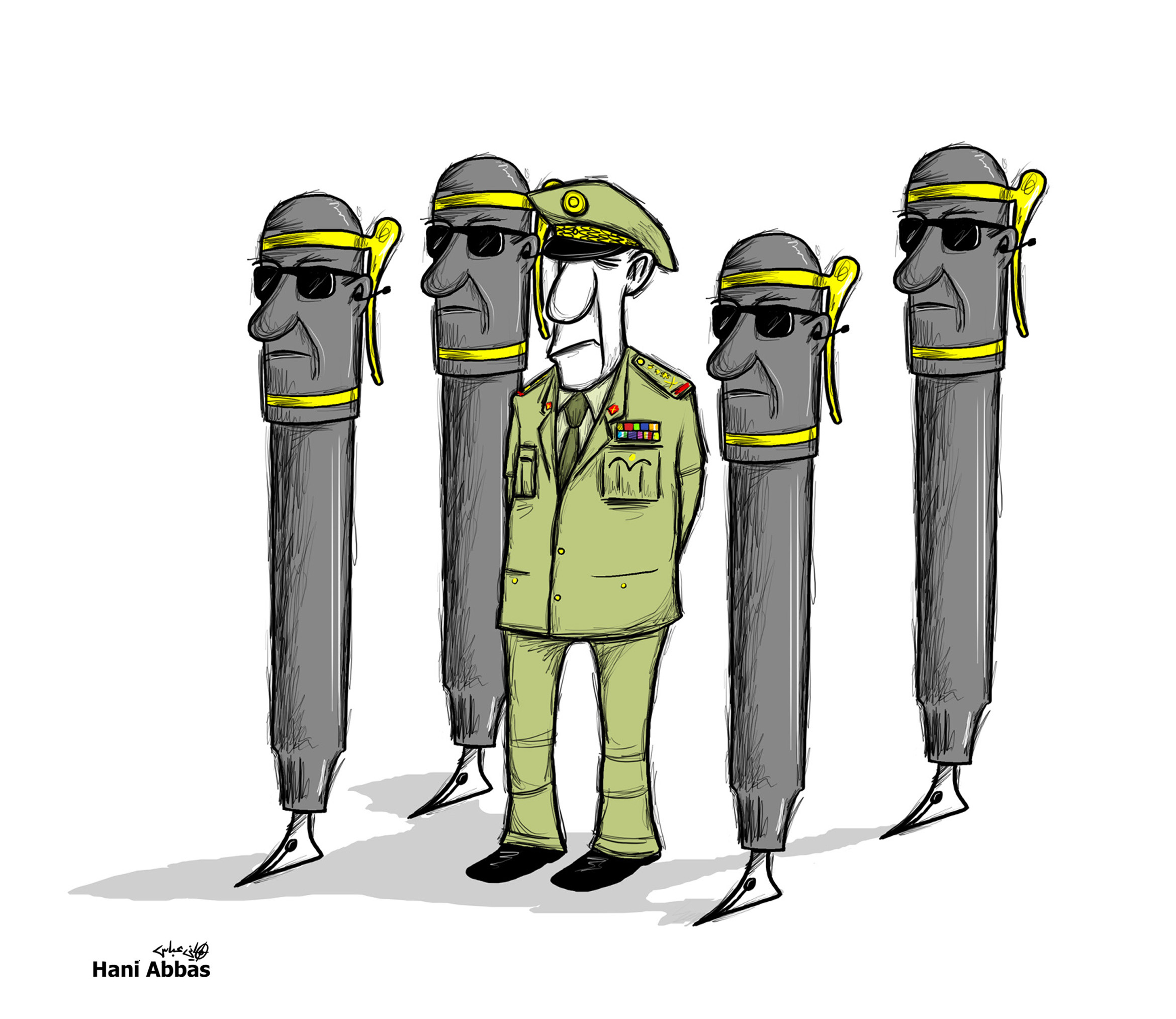
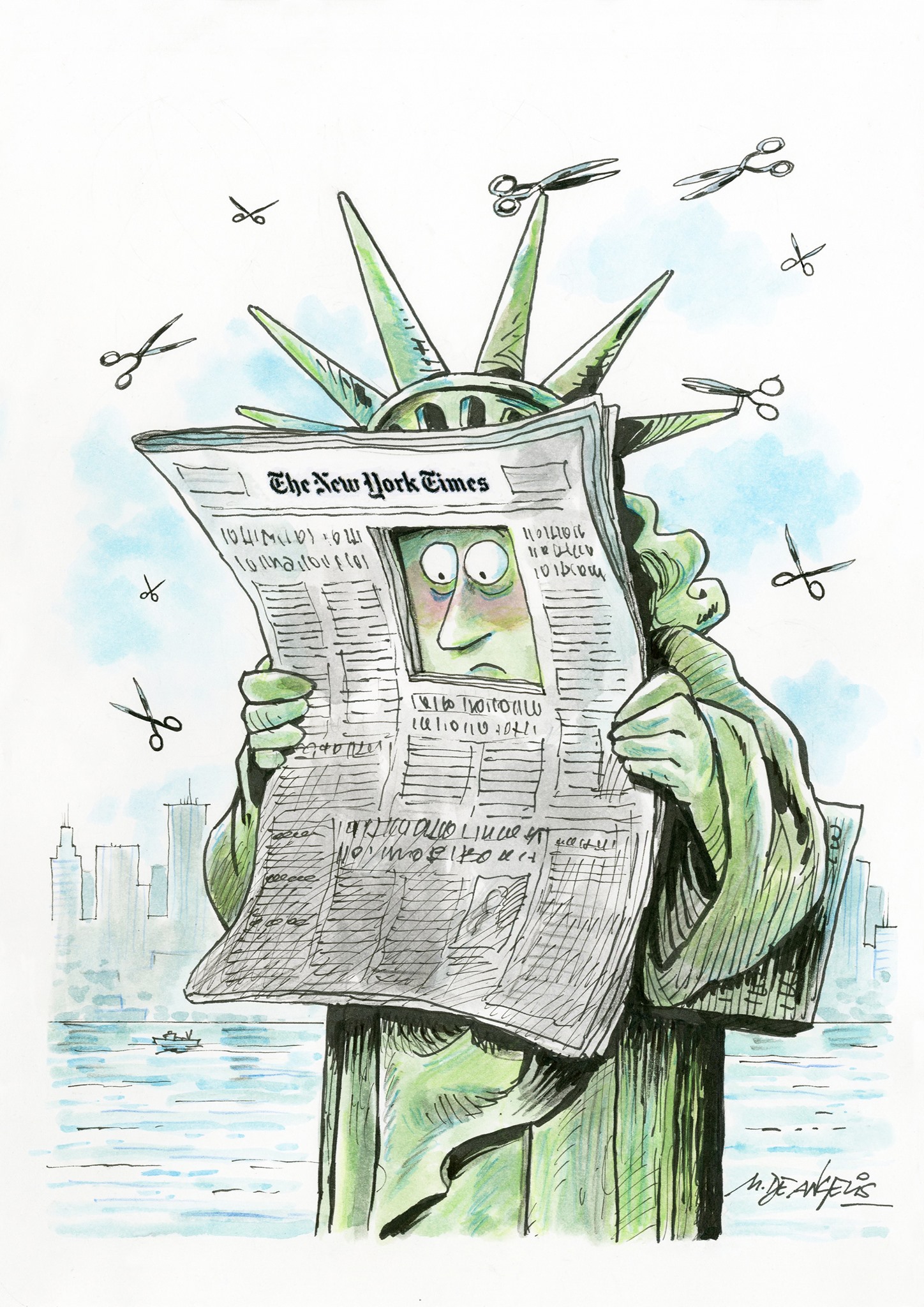
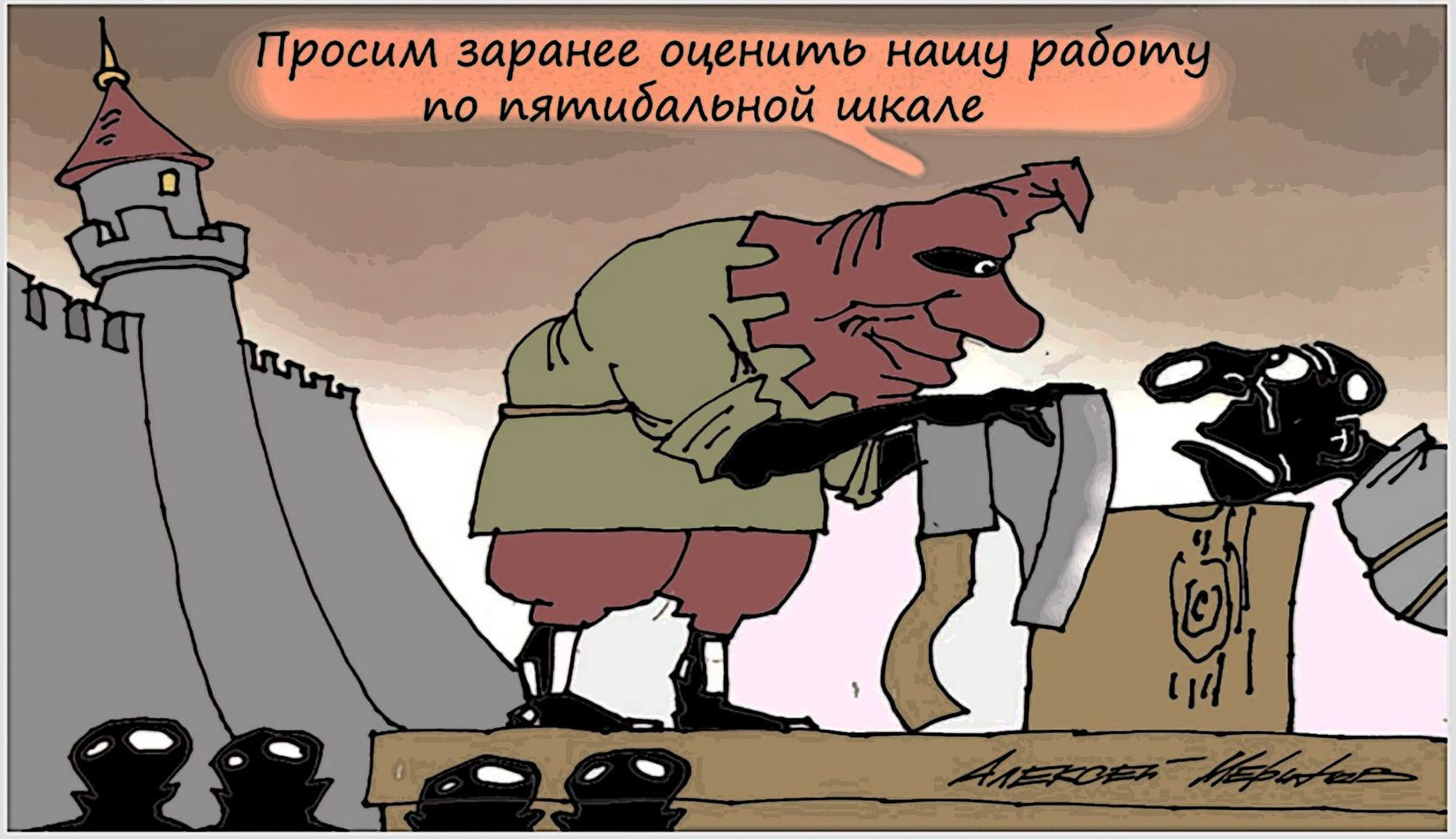
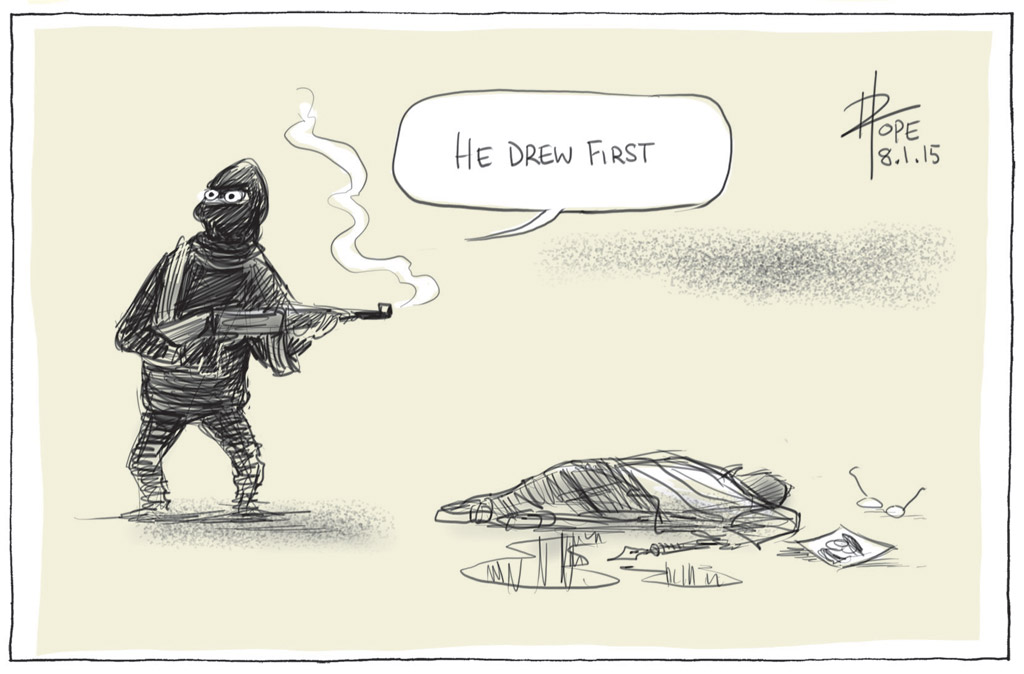

You can find an overview of ongoing debates with our journalists here . Please join us!
If you want to start a conversation about a topic raised in this article or want to report factual errors, email us at english@swissinfo.ch.